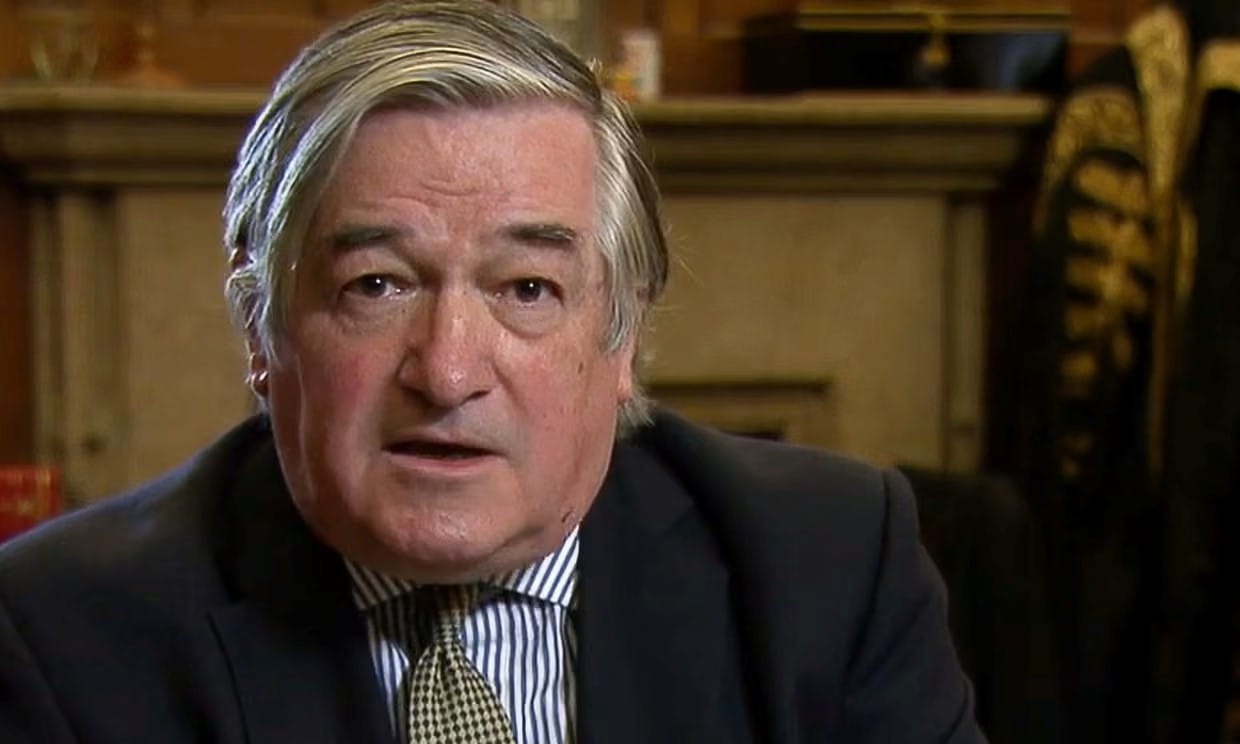A Divorce, Gaslighting, Lack of Transparency, and a Port
Emma Brunning and Dharshica Thanarajasingham (with Alexander Thorpe KC and Saima Younis) represented the wife in TF v SF [2025] EWHC 1959 (Fam). The judge had to untangle a web of hidden assets, misleading disclosures and a multi-million-pound port deal to determine a fair financial settlement.
Emma Brunning and Dharshica Thanarajasingham (working alongside Alexander Thorpe KC and Saima Younis) represented the wife in a High Court case, TF v SF [2025] EWHC 1959 (Fam), where the judge had to untangle a web of hidden assets, misleading disclosures, and a multi-million-pound port deal to determine a fair financial settlement after a long marriage ended in divorce.
The case revolved around a couple who had built successful businesses together, including companies dealing in heavy machinery, oil platform decommissioning, and luxury assets including high-end cars and watches. But when the marriage broke down, so did the transparency.
The husband, referred to as ‘H’, was found to have repeatedly misled the court. The judge described his behaviour as a ‘masterclass in gaslighting’, noting that H lied under cross-examination with such calm conviction that it was clearly intended to deceive.
One of the biggest challenges was identifying which assets were matrimonial – built up during the marriage – and which were not. This became especially tricky when it came to a port acquired through a company called LM1. H argued that the port was a post-separation investment and therefore not subject to division. But the court found otherwise.
The judge ruled that the port’s value was rooted in the couple’s shared business history. The company that bought the port, LM1, had been funded and supported by assets from their original family businesses. Even after separation, H used those same resources to grow the port project. He later sold his shares for £20m – without telling anyone – and was due another £9.5m. He didn’t pay tax on the sale and only disclosed the full details after a freezing order was issued.
The court decided that the wife was entitled to a share of the port proceeds, awarding her around 43% of the total assets, including 40% of the LM1 sale. She received over £13m, while H kept about £17m. The judge also ordered H to pay tax penalties and contribute £250,000 towards the wife’s legal costs.
The case highlighted how poor disclosure and dishonest behaviour can backfire. The judge ignored a mortgage H tried to introduce late in the case, used advertised prices instead of H’s valuations for company assets, and rejected H’s claim that the wife should share the risk of him not receiving the second LM1 payment.
In a modern twist, the judge requested digital bundles on tablets to speed up the trial, saving time and making the process easier for witnesses.
The legal costs were high – £1.44m – but the judge noted that in complex cases like this, such costs are not unusual and can be justified.
This case serves as a cautionary tale: honesty matters, especially in high-stakes divorce battles. And when millions are on the line, the court will seek to uncover the truth.








